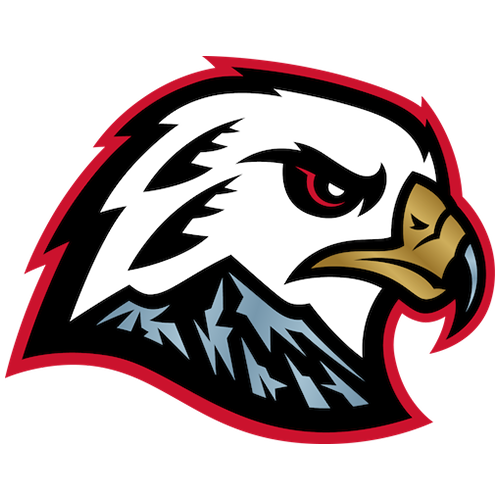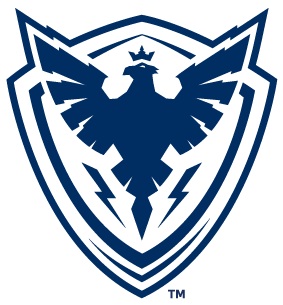“Just getting an opportunity to make an OHL team next year is the most important thing.”—Charlie Paquette
Former Wolf’s work with NHLers has helped son prepare for OHL draft.
Essex’s Charlie Paquette did not have to grow up wondering what it was like to be an NHL player.
Running into an NHL player was almost a daily occurrence for the 15-year-old Paquette with his dad, Andy Paquette, training several at his PowerTech Hockey business.
“In my business, he’s been around hockey since the day he was born,” Andy Paquette said of his son. “The day that he was born, 20 minutes later (former Windsor Spitfires’ captain) Ryan Donally was traded to Sudbury (by Kitchener) and wanted to see him. The next day, seven members of the Spitfires were there.”
Now, the Windsor Zone AAA Junior Spitfires’ forward is hoping to take another step on that path to pro hockey in this year’s Ontario Hockey League draft, which begins on Friday.
“I’ve thought about it since I was five-years-old,” Charlie Paquette said. “Just getting an opportunity to make an OHL team next year is the most important thing.”
Andy was a hometown pick by the Sudbury Wolves in 1985 and played parts of four seasons with the club along with a brief stint with the Hamilton Steelhawks. He also spent a season as an assistant coach with the Wolves before making his way to Windsor.
“I was done hockey, coached for a year and wanted to get a real job,” 52-year-old Andy Paquette said. “I’m glad I stuck with hockey.”
Growing up, Charlie Paquette was often the envy of friends and teammates because he got to spend time with NHLers like Aaron Ekblad, Zack Kassian, Steve Ott, Dalton Prout and Mike Weber.
“All my friends always tried to come around and be around some of the guys because they’re their role models,” Charlie Paquette said. “I tried to spend as much time as I could with them because they’re people I look up to and wanted to be like.
“I didn’t take it for granted. I’m very thankful for it. It’s helped me deal with a lot of things that have happened to me. Zack and Dalton have helped me with how to deal with draft and how you have to take the emotion out of it. It’s just another chapter in your life.”
With so many pros around to talk to his son, Andy Paquette has rarely felt the need to step in and say too much.
“By osmosis, he’s been a hockey player,” Andy Paquette said of his son. “He gets hockey and he’s been around it. I’ve never had to push. I can just be a dad and enjoy watching him play.”
The game has changed in many ways since a 5-foot-9 1/2 Andy Paquette had to play in hockey’s rough-and-tumble era.
“The way the game’s played now is not recognizable to the game in the ’80s,” Andy Paquette said. “Being (my size) and the clutching and grabbing with fights every five minutes. I would thrive in a game like (today).”
At 6-foot-1 1/2 and 180 pounds, the younger Paquette already boasts the size his dad would have coveted back in his playing days.
“I think I could have played in the 80’s or now,” Charlie Paquette said. “I’m a two-way forward, power forward, physical, but also able to put the puck in the net and put points up for my team while being reliable in my own end.”
While he has the ability to score, one of the big factors in Paquette’s favour is that he understands the importance of the defensive side of the game and scouts consider it a strength in his game.
“When you do all the things right defensively, other opportunities will come in the offensive zone and it also helps you get into the game when the puck’s maybe not going your way,” Charlie Paquette said.
Despite the pandemic and limited viewing, the young prospect said being around pros has helped him realize to stay calm in the moment.
“I know everything’s going to be all right,” Charlie Paquette said.
For now, he’s just hoping to break his dad’s mark. Andy Paquette went in the third round with the 32nd pick overall in the 1985 OHL draft.
“We both want me to go a little higher,” Charlie Paquette said. “(Dad) has told me all the things that can help me. The mistakes he’s made, he can tell me what not to do or how to handle things and not let it get into my head too much.”
Source: Sudbury Star












































































